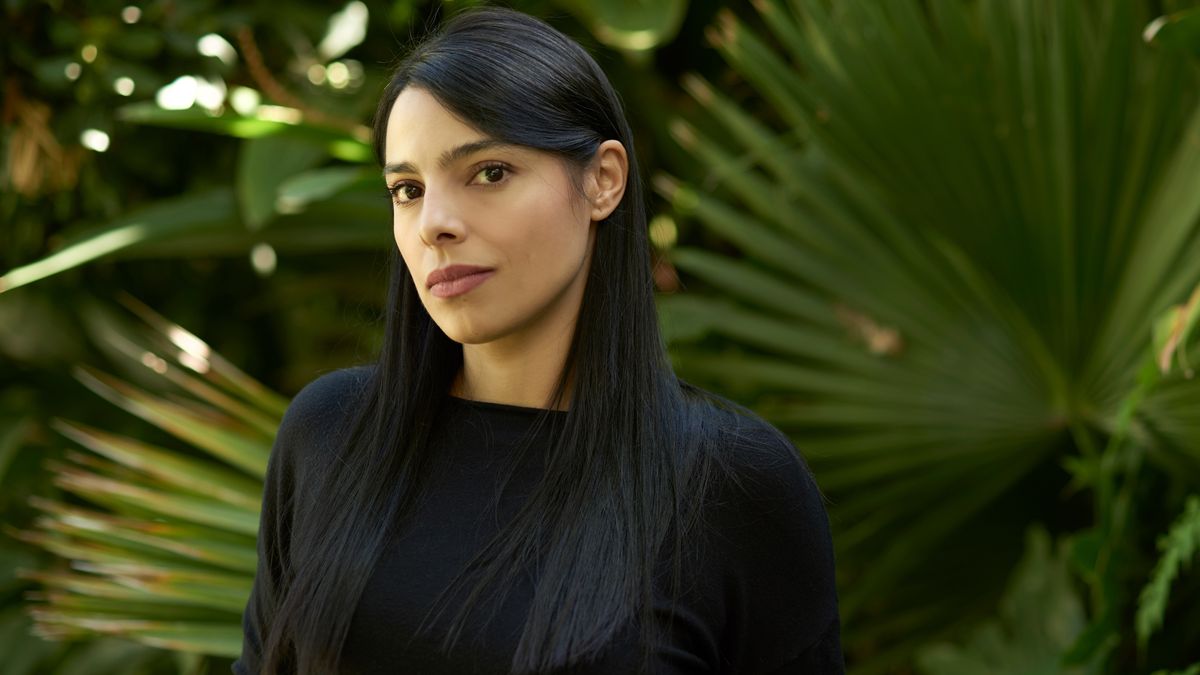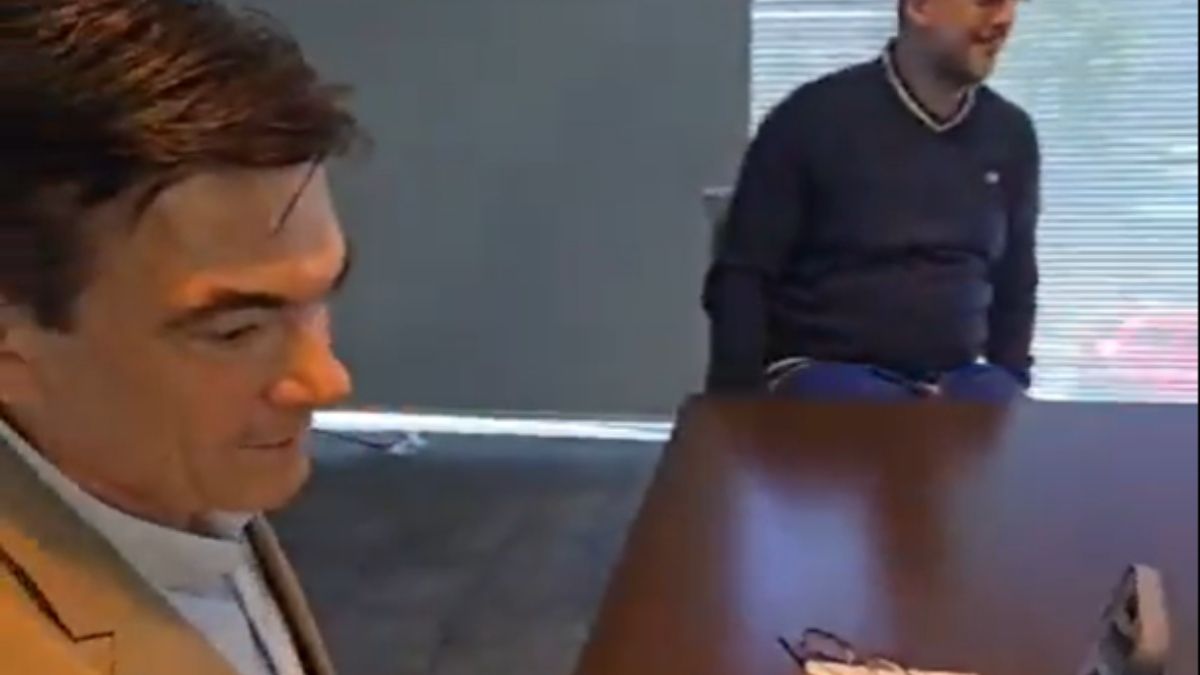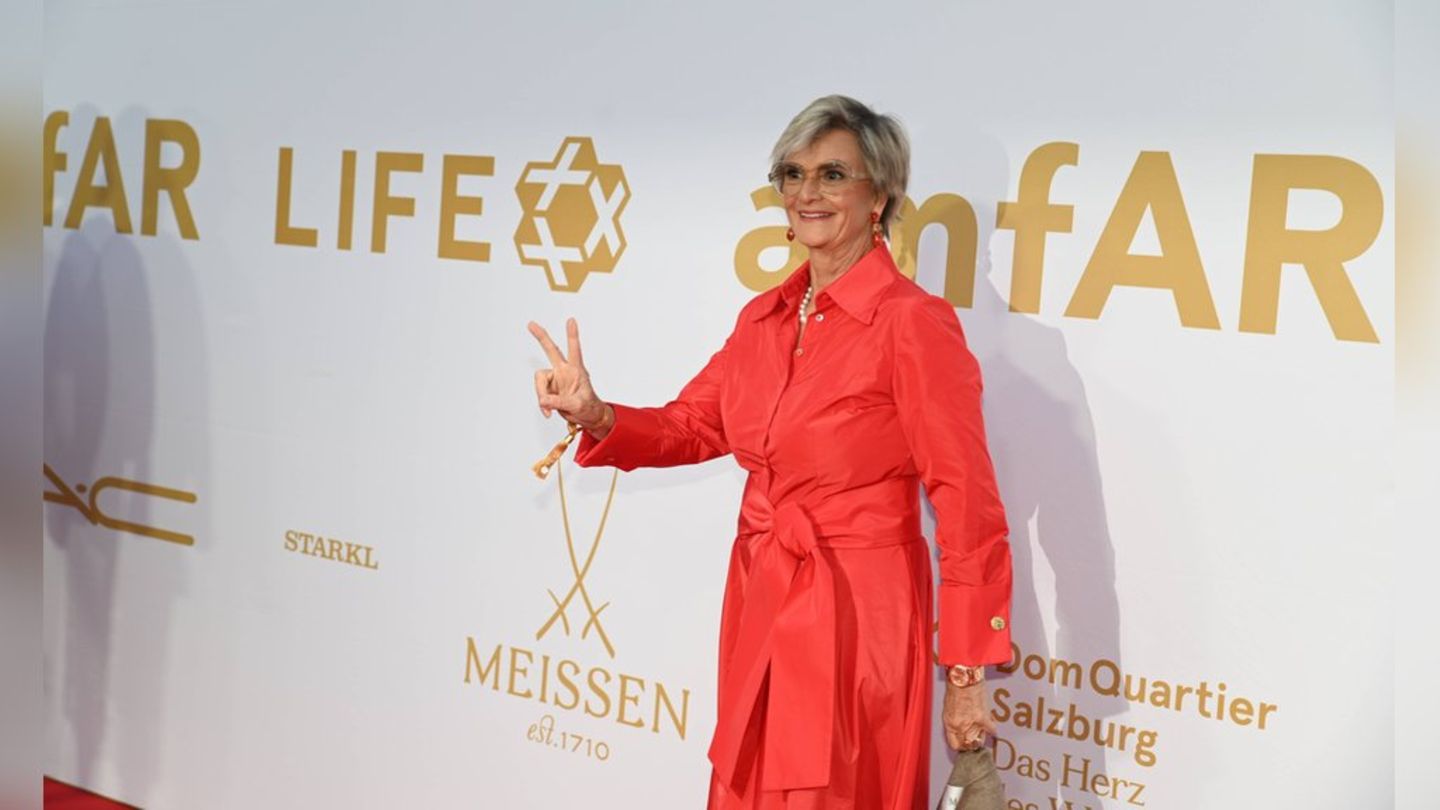Recording the tendency towards social isolation and its various reasons led the consecrated narrator Margarita García Robayo to unite essay, fiction, personal testimony, in “The outside” (Anagram). The Colombian writer, journalist and lawyer, residing in Buenos Aires, has an extensive and award-winning body of work with short stories, novels and essays. We dialogue with her.
Journalist: Did you seek to reflect on the middle class?
Margarita García Robayo: They have told me this, and I feel guilty when talking about the class to which I belong, and in which I notice a tendency to lock themselves in their private world, in their square meters, in building a world with their backs to the outside. The pandemic was a caricature of that symptom. Not gratuitously, because before there was an abandonment by the State of the outside, of the public space, of that common space that is everyone’s, that which no one can supposedly possess. Dealing less and less with the environment that they were given is something that I have seen happen in Argentina. I have been living here for twenty years, and I have lived in other capitals in Latin America to which this symptom could spread.
Q: What differences did you find in the different middle classes in Latin America?
MGR: “The Outside” is about, more than a physical geography, a human geography, about people located in a certain social stratum. It is in the Latin American capitals where the vices of inequality are concentrated due to a common social geography. The difference between one middle class and another is the width, how stunted or how fat it is, depending on the city you are in. I always felt that Argentina had a much softer and broader middle class cushion than any other Latin American city. I still think about it despite all the things that threaten that middle class.
Q: Is there a distinctive differential feature?
MGR: Buenos Aires is a city that is constantly suffering from a glorious past. They regret that. In other places it doesn’t happen, they choose to compare themselves with other geographies: “if Cartagena were like Miami”, “if Lima were a bit like New York”. They are even compared with Buenos Aires, which was a reference city for other Latin American capitals. And Buenos Aires… compares itself with itself in the past, a symptom of a frustrated and declining middle class. There is an established discourse of a decline that comes from years ago.
Q: Did you choose the family as a reference and narrative universe for your work?
MGR: It is something recurring in almost all my books. It is a cast, a composition of characters that allows me to filter out a lot of other vices of society. In the family, roles are incarnated and rules are assumed that are a mirror of what society has culturally inoculated us since we were born. I work with the family cast to show symptoms that are ultimately due to the same epidemic. In “The Outside” many of the things that have to do with the feeling of annoyance, and discomfort, of inhabiting a deeply unequal space are discussed.
Q: Is that why in your book you mix essays, chronicles, chats, autofiction and testimony of your motherhood?
MGR: If the production conditions are changed, that permeates the result of what is produced. Having time is not the same as just being able to make notes, as happened to me during the birth of my children. Finding these notes was the basis of this book. I feel comfortable moving through these spaces that are not defined as a genre, it is an essay, but it has fictional mechanisms. It is the digression on public space, security or relationships, which is redirected as happens when a text is alive. It is a quilt made from scraps of a found manuscript.
Q: Did you choose to focus on revealing moments like that of a group of mothers discussing whether or not to vaccinate their children during the pandemic?
MGR: It is a conversation that shows various positions on immunity, but that leads to thinking about other topics. There is something revealing when, in the middle of an argument, a doctor mother says that “social immunity is built when a minority mobilizes in favor of the majority.” Many of us don’t need most vaccines, but if we don’t get them we are endangering those who are vulnerable. If you want to live in society you have to resign individualism. That fact led me to talk about a society that lacks empathy, where people embrace their own ideology, their home, their family. A petty class that only cares about their family’s square meter. That talk is a good metaphor for the lack of solidarity and empathy that I currently see increasingly crystallized in the middle class.
Q: Does it show individualistic confinement?
GRM: When I say meanness I mean that. I question the middle class a lot, which in the end is what got us ahead. I think what happens is that deep down we have resigned ourselves: if the State does not take care of us, if the State abandons us, why do I have to worry. When I presented “The Outside” in European countries I saw that this same theme of confinement can be transpolated to that of migration. People who do not want their territory that they consider their own to be invaded. The need to wall itself off so that what cost so much to build is not taken from it. The position of considering that what comes from outside always threatens one’s well-being is very extreme, and it is something very characteristic of this moment. And this also comes from an anachronistic abandonment of those who are supposed to be in charge of looking after public space, something that has been abandoned in many cities.
Q: What are you working on now?
MGR: A good part of the things I write have to do with real material, with living material, which end up being part of a fiction that I tend to call a novel, that’s what I’m writing.
Source: Ambito




